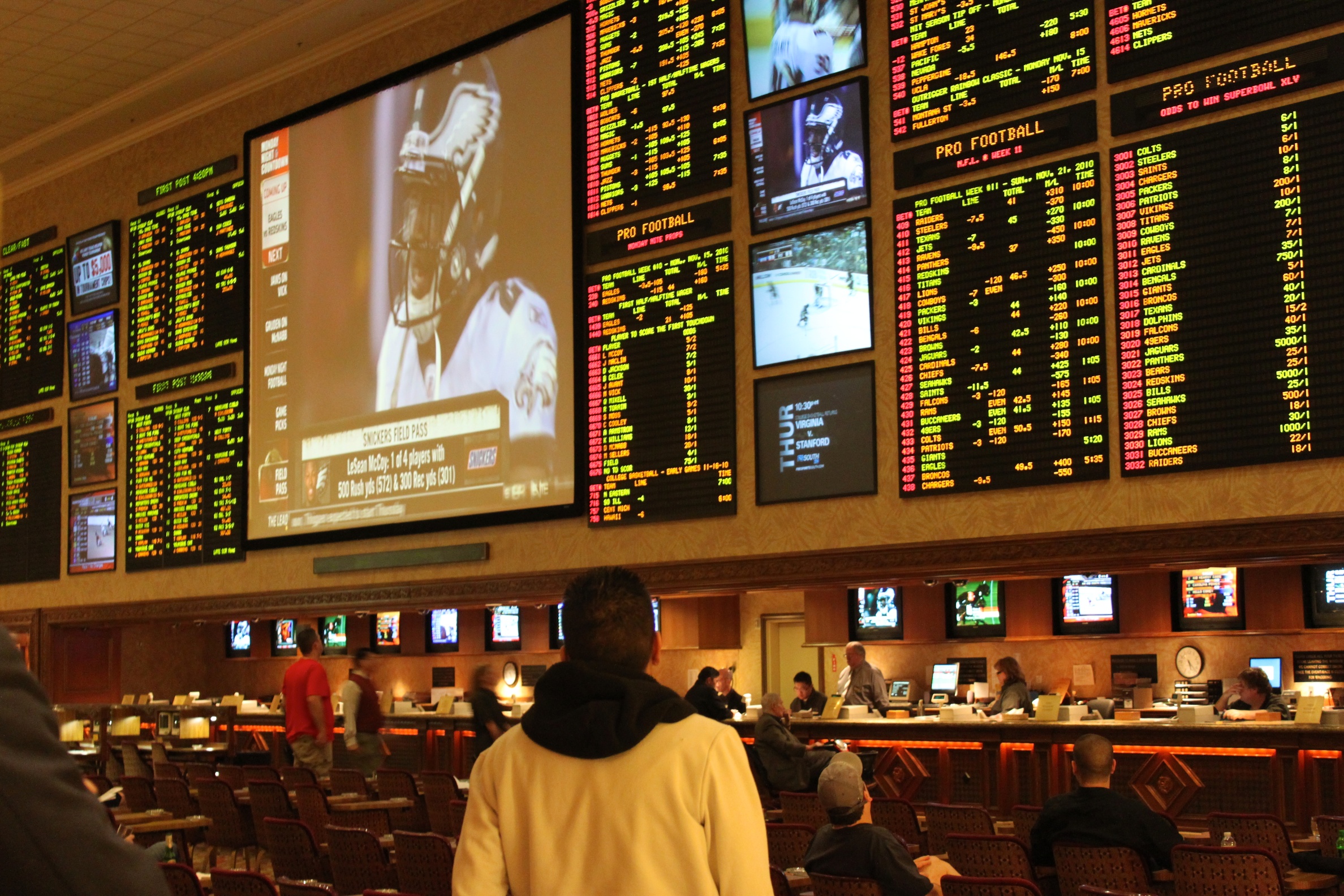“We comfort the afflicted and afflict the comforted”: an interview with David Walsh
“7 X TdF champ.”
Lance Armstrong’s Twitter bio bears none of the signs of contrition one might expect from an exposed elite sportsman. Despite world outrage when proof of his drug-cheating was uncovered, Armstrong’s crimes seem to have dipped in significance, and his blatantly incorrect claim to seven gold medals remains untouched.
Earlier this year, news broke about Maria Sharapova. In an unprecedented turn of events, the star tennis-player was tested positive for ‘meldonium’, a banned performance-enhancing drug which increases exercise capacity in athletes by increasing blood flow. The 5-time Grand Slam winner and highest-paid female athlete has been provisionally suspended and dropped by her long-time sponsor, Nike, but awaits a hearing regarding her future in the sport. Another drug scandal, another disgraced athlete. My interview with David Walsh, the journalist who doggedly pursued Lance Armstrong for thirteen years before his doping was finally exposed, is now more relevant than ever.
I met David on a Thursday morning in a café at Kings Cross Station. I was absolutely terrified (the notion of interviewing a professional interviewer is very intimidating) but as soon as he sat down and began chatting about his children with his Irish lilt, the simple Q and A interview I had in mind was forgotten after my first question and David began a narrative which had me enthralled.
I read Marina Hyde’s article in The Guardian after Maria Sharapova’s exposure which outlined an interesting theory behind the harmatia (fatal error in judgement) of the tennis-player. It was headlined ‘A suspension of disbelief too far’, and ironically, Samuel Taylor Coleridge’s same theory of disbelief was precisely what David quotes to me as we sit discussing Lance and his ability to uphold his lie for so long. Lance’s success was a result of the willingness on the part of so many to believe him, to “suspend [our] disbelief” and accept that his success story was reality. “It was such a life-affirming story and, because we all have a relationship with cancer, we desperately wanted to believe that this was true. It’s brilliant to think you could survive cancer. And, not only survive it but come back and win one of the toughest sporting events, perhaps the toughest of all, well that’s beyond everybody’s expectations. And then when it happened it was like ‘wow, there’s hope for all of us’”.
Of course, it’s darkly ironic now to consider the 80 million ‘Livestrong’ wristbands which were bought across the United States in support of Lance’s foundation for the families of those suffering from cancer, “One in three or four people in the US bought a bloody yellow wristband.”
David is outraged by the fact Lance went further than any other athlete, “He wasn’t like any other winner, he was a world icon; other world champions didn’t hold themselves up to the cancer community and say ‘I can be your inspiration, I am the guy that you can base all your dreams on’ whilst they were lying about all of their achievements. It was a huge thing to say.”
“Lance had convinced himself that it was morally acceptable, that he wasn’t really breaking the rules, because the rules were this kind of formal, set of laws put in place by people who didn’t understand the reality of the situation; what it was really like in the sport.”
David concedes that Lance brought fame and an increased public interest to the world of cycling, but argues that any such act was entirely diminished by his cheating; the scales don’t balance out.
“You know, the biggest charity-giver in Chicago in the 1920s was Al Capone,” he tells me. “There were people in the line for Al Capone’s soup kitchens on Thanksgiving Day, who were interviewed by the ‘Chicago Tribune’ and said ‘Al Capone has done more for this city than the government of the United States.’ The people really believed that, and he had in many respects. Did it mean that it was ok to murder people? Of course not.” Ultimately, Lance’s corrupt behaviour counteracted any good he brought, and the positivity heaped onto him merely backfired into an even more outrageous lie.
So how, I ask, was he able to do it? Was there some sort of conspiracy? Who was helping Lance, and how deep did it go?
“Oh yeah, it was deep, very very deep. The Tour de France race organisers had a sense he was cheating but they didn’t really pursue it. The sport’s governing body, the UCI [Union Cycliste Internationale], their top people aided Lance Armstrong in my view. Some of the journalists knew it, TV knew it. A lot of people were complicit, that’s for sure…there is an expression that I’ve come across recently that I think is also relevant in relation to the authorities, the sponsors, the race organisers, his team managers, TV broadcasters- they all embraced the irresponsibility of not-knowing…they weren’t prepared to actually read up and really look closely, because you know if you look closely, there would only be one result…the surprising thing was not that we were swimming against the tide but that so many people were swimming with it.”
The media portrayed David as the ultimate antagonist and the word “obsessed” is often seen associated with his pursuit.
“Were you really obsessed with it all?” I ask.
“Yeah, yeah it was an obsession; I really was very persistent. I was never gonna let go of it.” , I am told that it went so far that when he saw people wearing ‘Livestrong’ wristbands, David would stop and warn them: “That guy is a fraud. And people would look at me and think I was some crazy guy. But I couldn’t help myself in that way, I really was on a crusade”. It was truly testing at times for David and the sources he was working with. “It was tough when he sued us, and committed perjury and the court case cost us £100, 000. I could easily have been sacked if The Sunday Times had different bosses, and we have 7 kids, you know, all going to university and suddenly we could have been in a really bad situation”.
David pursued Lance for around 13 years, an investigative journalism story which, David jokes, made him feel like part of the film All the President’s Men, a story which retells the uncovering of the Watergate scandal. “It was just great fun. I mean, journalistically, it was the time of my life, I’ve never been more energised by a story than I was by this one. I was consumed by the Armstrong stuff and loving every moment of it, I really did…It would have been easier in the superficial sense [to just let him get on with it], but it wouldn’t have been easier for me because I would have had to live with myself and I would have basically ‘opted out’ of doing the journalism that I always thought I would do. I mean…I wasn’t really an investigative journalist but I would have thought that I had a sense of fairness that meant if I saw blatant injustice I wouldn’t look the other way.”
“I think, I’ve said this many times and I really believe it: in life, the chase is always better than the kill. So when Lance was being kicked out of cycling, that wasn’t kind of a joyous moment at all…The biggest thing was that it was great that the truth came out because that’s what it was all about. And people used to say to me, you must feel really vindicated and I would always say, ‘No I don’t actually’, because I think you feel vindicated when you’ve had an element of doubt in your mind… but I had zero doubt. Nobody could ever say again that [the sources] were lying, because the truth had now been established. We always knew, but now the world knew it.”
In 2013, Lance’s doping was finally exposed, and David was approached for interviews by numerous media sources. “I’ve ended up getting a lot of credit and you know once a week, I’d say, I get somebody contacting me on social media, saying, there’s an absolute scandal going on in my company, in my office or in my village, will you come and investigate it? Hahaha it’s like, you know, we have stray dogs in our village and nobody knows who owns them!”
At the time the revelation came out, an interview took place between Armstrong and Oprah Winfrey which obtained 28 million viewers worldwide. So, was the apology Lance gave satisfying?
“Well, I was satisfied with that interview because I thought Oprah Winfrey was outstanding. I thought she did just a masterful job. He’s done countless interviews since then but nobody has come within a mile of getting that much out of him [Lance] as she did. It was just the most brilliant, kind of, ‘picking apart’. And she asked questions in a way that demanded a truthful answer.”
If David were himself able to interview Lance again, he is keen to ascertain the psychology of someone so convinced of their own lie, “I understand that a lot of people cheat in sport, but he had a ruthlessness and a cruelty and a lack of remorse that was singular. But, I think he also had an intelligence that was singular. It really wasn’t that he achieved all that success solely because he doped. He couldn’t have done it without the doping, but lots of others had good doping, why didn’t they win? Because in all the other areas, Lance was better.”
In hindsight, the extent to which a suspension of disbelief was necessary for this lie to continue seems incredible. Just google the Nike Advert with Lance claiming, “It’s my body, I do what I want with it”. The blatantly obvious, tongue-in-cheek reference to his cheating was paraded on screens across the country by one of the biggest brands in America. David Walsh’s revelation exposed the sheer magnitude of the corruption related to Lance Armstrong’s success, “carrying the braveau to a ridiculous extent”.
“The surprising thing was not that we were swimming against the tide, but that so many were swimming with it” he says as we near the end of the interview. This reflection is essential in a context where, as the news about Maria Sharapova has emphasised, lies and corruption surround the sporting role models we praise on a day-to-day basis, as well as people who willingly cover this up, preying on public ignorance. We need to beware and keep our sense of disbelief intact.







